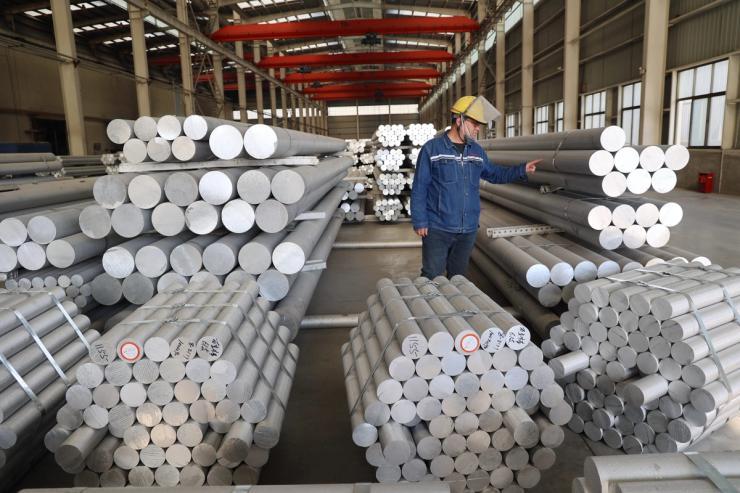The News
Washington’s tariffs on aluminum imports will not incentivize Alcoa to invest in the US even as the company pulls back from expansion in Canada, the company’s chief executive said in an interview.
Bill Oplinger’s remarks point to the potential long-term fallout of Trump administration duties on steel and aluminum: The US is not only the metals producer’s largest market, Canada is among its biggest production sites. And while the green energy transition has driven increased demand for aluminum, a necessary component for solar panels as well as electric vehicles, but supply concerns are mounting. Indeed, several mining firms are weighing whether to make additional investments in their operations, worried about uncertain demand in the world’s biggest economy.
“Tariffs can change very quickly, and therefore we don’t make an investment in the US based on a tariff,” Oplinger said. “Conversely… we are slowing down investments in Canada based on the fact that tariffs weren’t being covered by the price.”
He added: “Our belief is that ultimately, tariff price on aluminum in the US has to put pressure on our customers.”
Know More
The Trump administration has faced criticism and pushback over its sweeping global tariff policy, both for its whipsawing nature — which erodes the predictability for companies making long-term investment decisions — as well as its high rates, which deter trade with the US. Unlike the blanket levies the US imposed on much of the world in April, the steel and aluminum tariffs are not the target of litigation making its way to the Supreme Court.
The White House ramped up global tariffs on steel and aluminum to 50% in June, from 25% previously, and that gulf is apparent in the varying price of the metal in different markets, currently selling for about 50% more in the US than in Europe.
Tariffs were only one of a number of challenging issues Oplinger spotlighted — though he added that none were insurmountable.
He noted that high electricity prices in the US, which he blamed on a buildout of data centers to support artificial intelligence, made it “really difficult to come up with a competitive business case [for Alcoa to invest in mining operations] in the US.”
And longer term, he voiced fears of a two-tier mining sector. Publicly listed companies such as Alcoa, he argued, could build “a competitive advantage” by adhering to higher environmental and societal standards. But he voiced frustration that largely state-backed mining companies in developing countries who rely on cheaper, dirtier fossil fuels such as coal in their operations were nevertheless able to make “a product that gets sold against our product on equal footing.”
Notable
- The aluminum tariffs aren’t just hitting Alcoa: Rio Tinto faced $300 million in costs as a result of the duties in the first half of the year.


